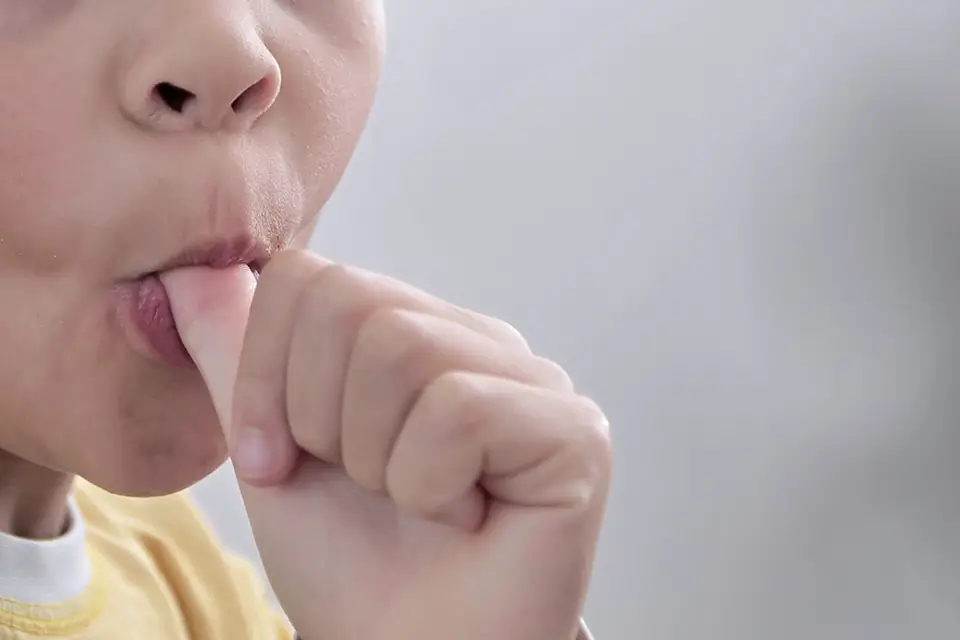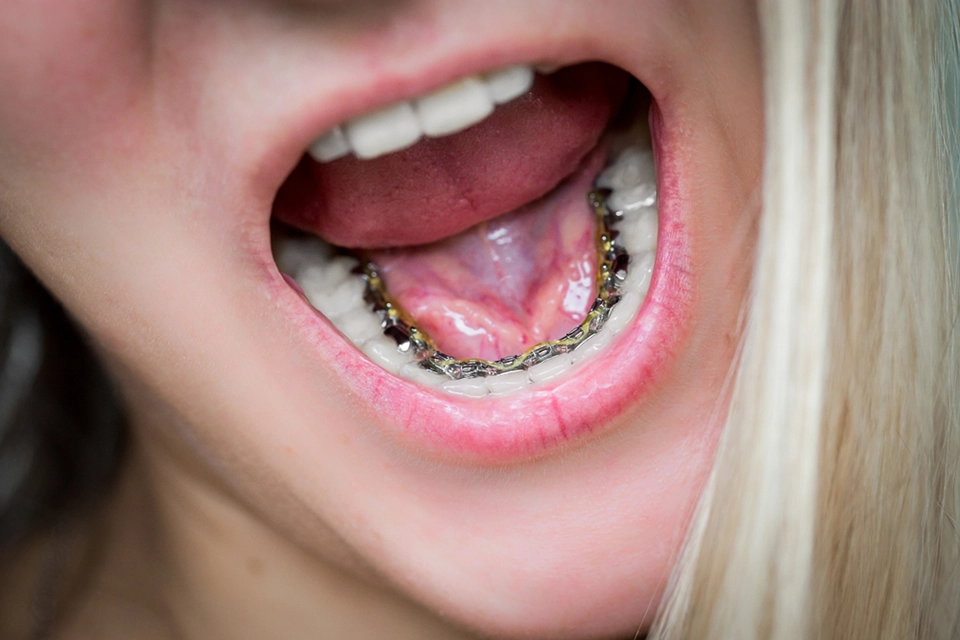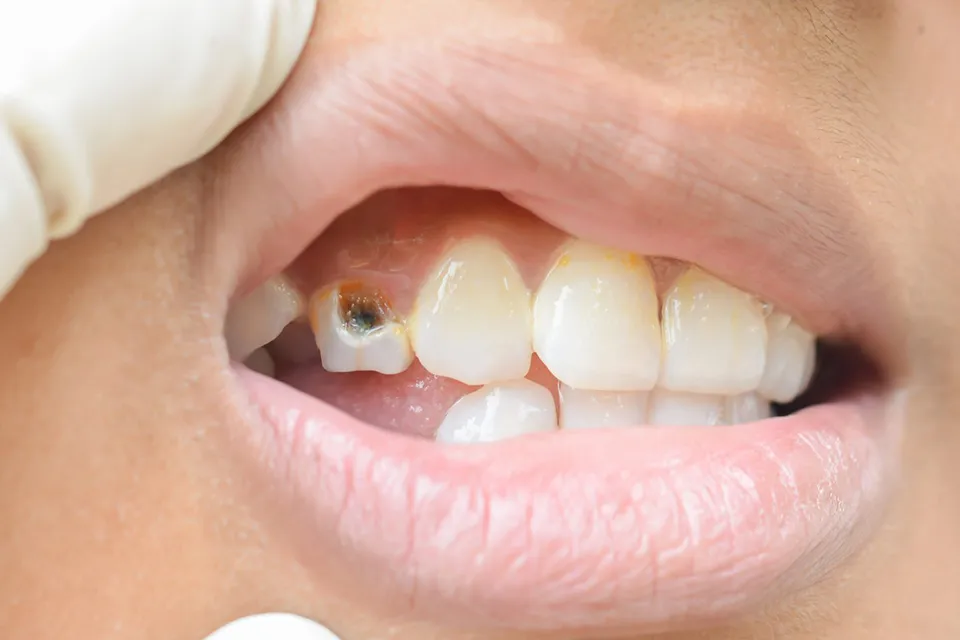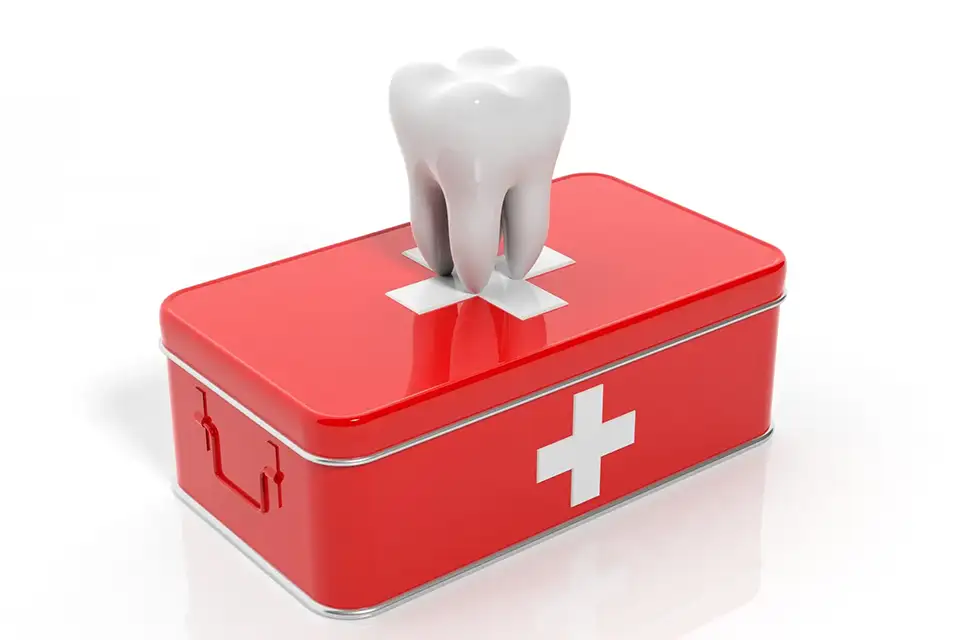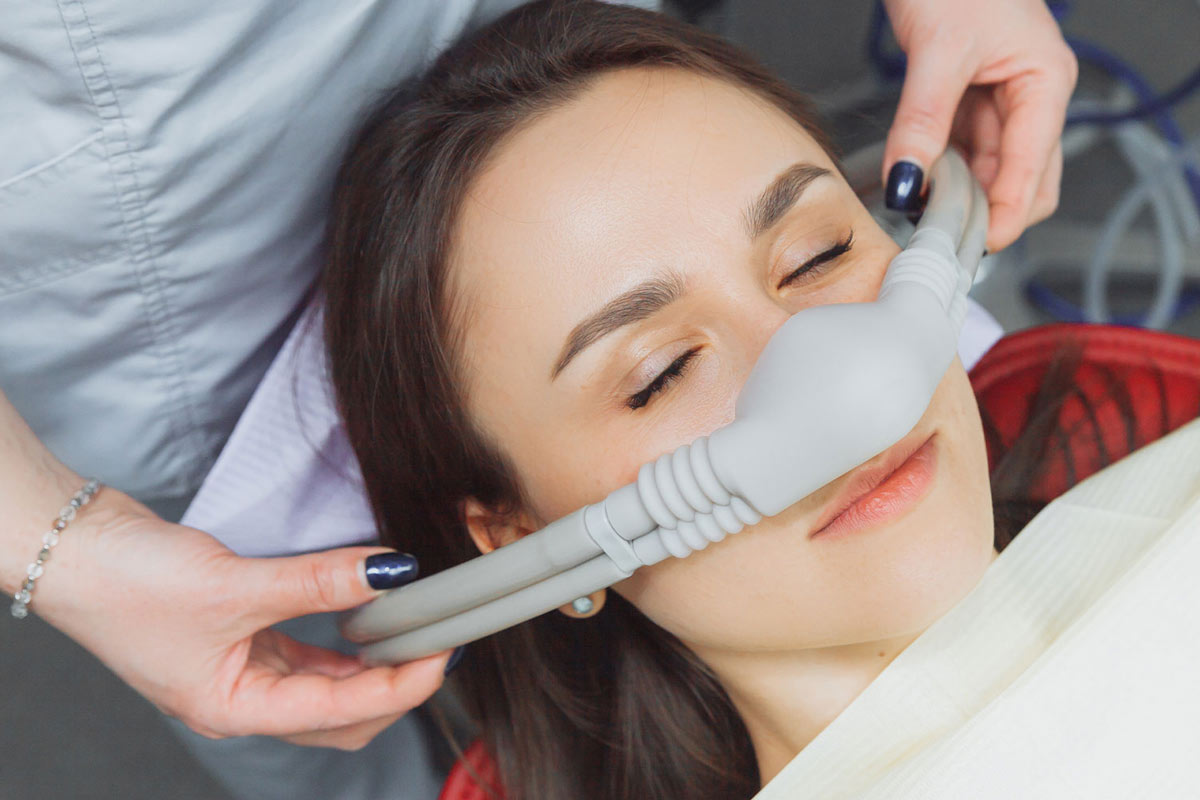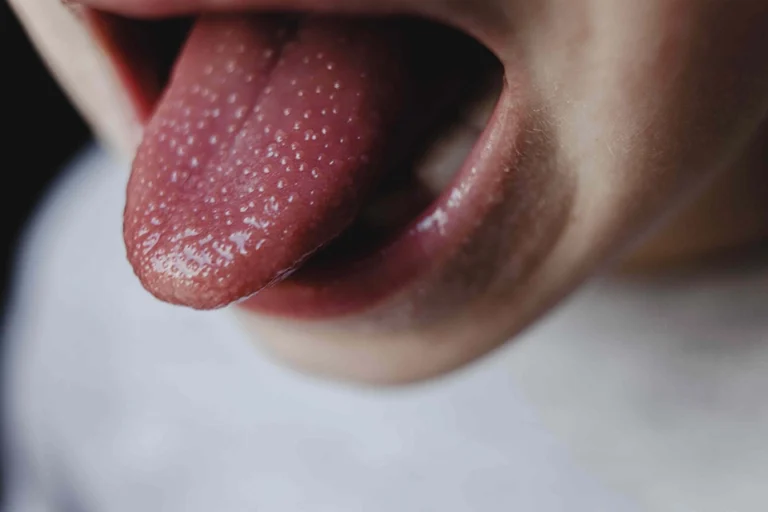Sedation Dentistry: Relax, Restore, Rejoice!
Are you one of the many people scared or anxious about going to the dentist? If so, you’re not alone. Dental anxiety is a frequent issue that can prevent people from receiving necessary oral treatment. However, there is good news: Sedation dentistry provides a solution for those with dental phobia or anxiety.
Zara Dental in Houston, Texas, understands the significance of making your dental experience as comfortable and stress-free as possible. In this article, we will discuss sedation dentistry, its various types, the procedure, and what you can expect from this innovative approach to dental care.
An Introduction to Sedation Dentistry
Sedation dentistry, often known as sleep dentistry or relaxation dentistry, is a specialized field that focuses on making dental treatments for patients more comfortable and anxiety-free.
This method employs sedatives and other medications to help patients relax during dental procedures. Dentists can administer different types of sedation depending on the patient’s anxiety level and the type of dental procedure.
Types of Sedation Dentistry
Sedation dentistry provides various options to meet each individual’s needs and preferences. Sedation can range from mild relaxation to deep unconsciousness, depending on the method used.
The following are the most common forms of sedation:
Nitrous Oxide (Laughing Gas)
Nitrous oxide is a mild sedative administered through a mask placed over the patient’s nose. It’s a safe and effective way to help patients relax during dental operations.
One of its main advantages is that it wears off quickly, allowing patients to drive themselves home after the session.
Oral Sedation
This procedure entails taking a prescribed sedative pill before the dental appointment. During the process, the medication makes patients feel drowsy and calm.
It is essential to have someone accompany you to and from your appointment, as the effects of oral sedation can last several hours.
Intravenous (IV) Sedation
Dental Professionals administer IV sedation through a needle directly into the patient’s bloodstream. It enables the dentist to adjust the level of sedation as necessary during the procedure, ensuring the patient’s utmost comfort. Throughout treatment, patients under IV sedation are continuously monitored.
General Anesthesia
This is the deepest form of sedation, usually reserved for complex or surgical procedures. Patients are entirely unconscious and have no pain sensation while under general anesthesia.
An anesthesiologist administers this type of sedation, which requires extensive preoperative evaluation.
At Zara Dental, our skilled team will assess your dental needs and anxiety levels to determine the best type of sedation for your situation.
The Sedation Dentistry Procedure
Now that you understand the various types of sedation let’s take a deeper look at what to expect during a sedation dentistry appointment:
Consultation
Before your dental procedure, you will consult with your dentist. During this appointment, you can discuss your anxiety or concerns, and your dentist will evaluate your medical history to determine if you are a suitable candidate for sedation dentistry.
Preparation
Depending on the type of sedation selected, you may receive specific instructions to follow before the appointment.
For example, if you choose oral sedation, you must take the prescribed medication exactly as directed. Before receiving IV sedation or general anesthesia, they may ask you to fast for a specific time.
Administration of Sedation
The dentist will administer the chosen sedation method on the day of your appointment. Your dentist and staff will ensure your comfort and safety during the procedure.
Monitoring
If you receive IV sedation or general anesthesia, your vital signs will be regularly checked to verify that they are stable and that you are responding well to the sedation.
Recovery
Following the procedure, you will be allowed to rest until the effects of the sedation wear off. In rare cases, you may feel sluggish or disoriented for a short period. If you have received oral sedation or general anesthesia, you should have someone accompany you home.
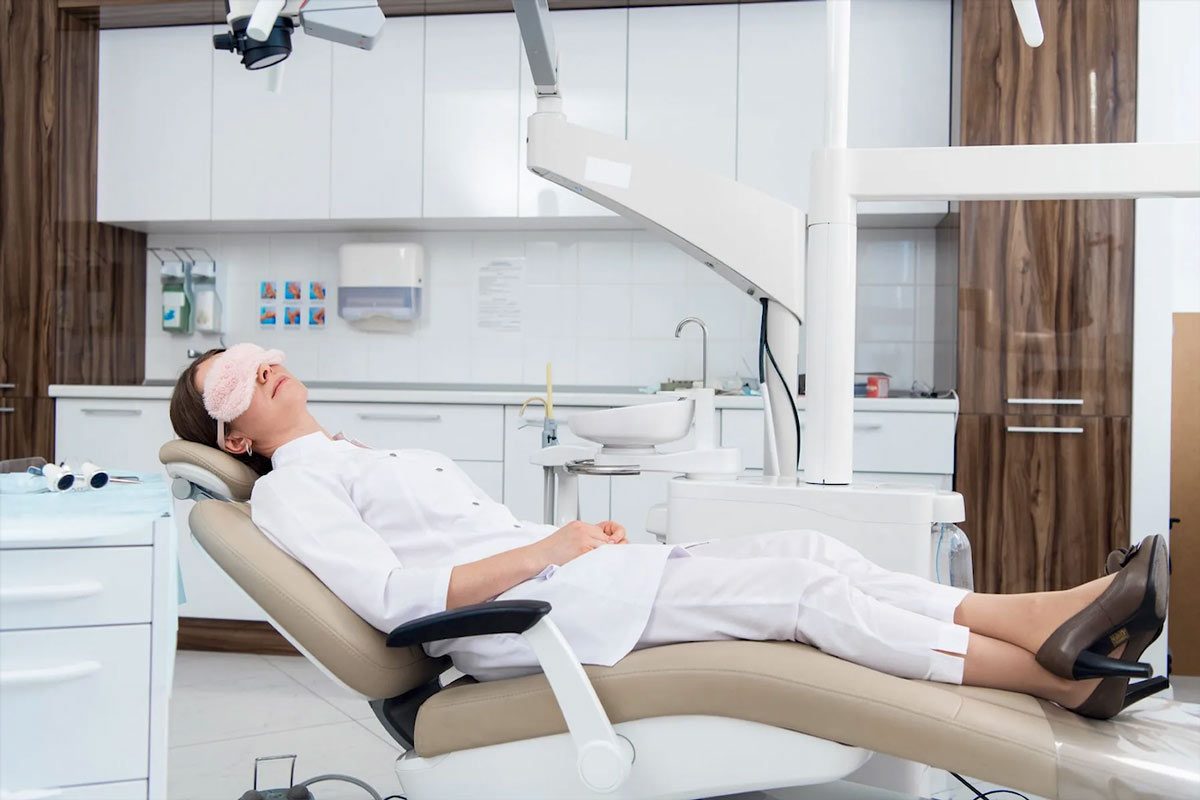
What to Expect After Sedation Dentistry?
Depending on the type of sedation used and the complexity of the dental procedure, the recovery process following sedation dentistry can vary. Here’s what you can generally expect:
Recovery Room
You will spend some time in a recovery area, during which your vital signs will be monitored until you are fully awake and alert. This guarantees your safety before leaving the dental office.
Temporary Discomfort
You may experience minor side effects such as drowsiness, grogginess, or temporary memory loss immediately following the procedure. These are common side effects that generally dissipate after a few hours.
Rest at Home
If you received oral sedation or general anesthesia, you should rest at home for the remainder of the day. While still under the influence of the sedative, you should avoid strenuous activities, driving, and making important decisions.
Follow-up Care
To ensure a fast recovery, your dentist will provide detailed post-operative instructions. Follow these instructions carefully to promote healing and minimize any potential side effects.
Resumption of Normal Activities
Most patients can resume their normal activities, including work and daily routines, the day following their sedation dentistry procedure.
Benefits of Sedation Dentistry
Sedation dentistry provides various advantages to patients who have dental anxiety or phobia, including:
Reduced Anxiety
Sedation makes patients feel peaceful and at ease, making it easier to undergo necessary dental care without fear.
Pain-Free Experience
Sedation guarantees you will not experience discomfort or pain during the procedure, allowing more extensive treatments to be completed in one visit.
Time Efficiency
With sedation dentistry, your dentist can often complete several procedures in one session, minimizing the required visits.
Improved Oral Health
Overcoming dental anxiety makes you more likely to seek regular dental care, which leads to excellent oral health and fewer dental issues in the long run.
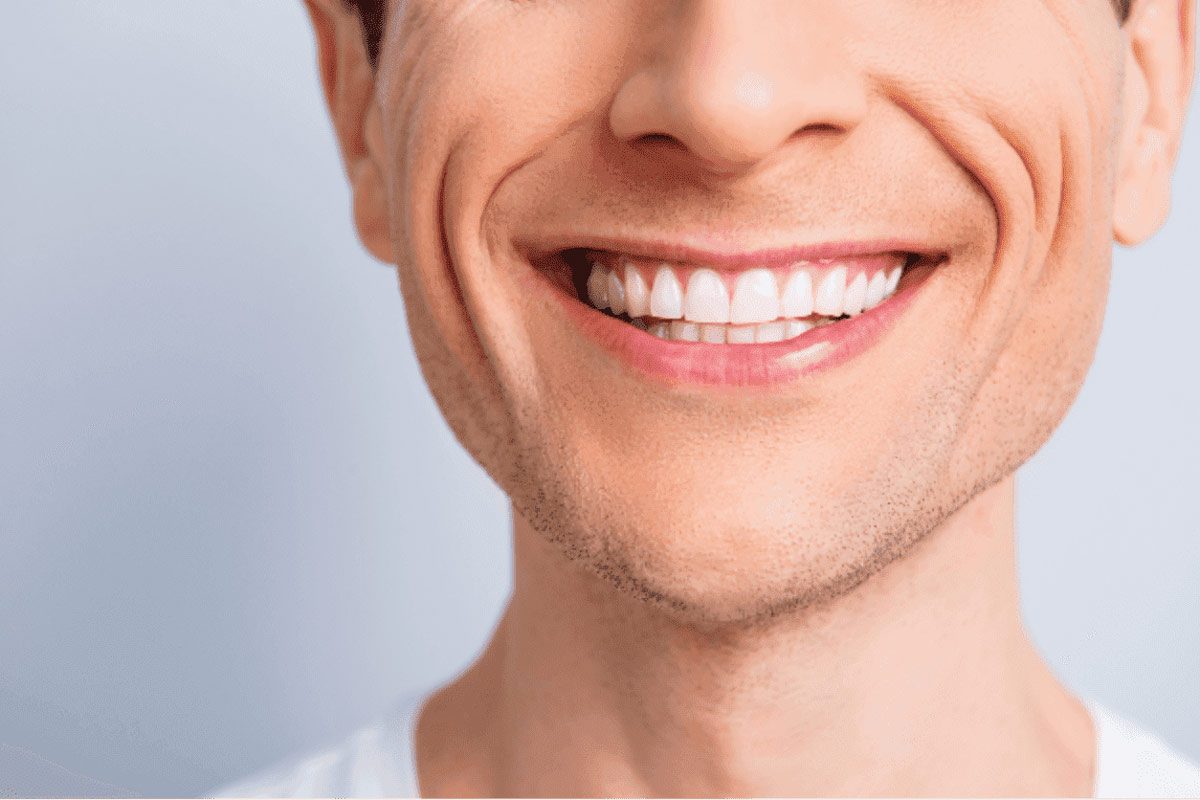
Is Sedation Dentistry Right for You?
Sedation dentistry is an excellent choice for patients who:
- Have dental phobia or anxiety – Have a low pain threshold
- Require complex or lengthy dental procedures
- Have a strong gag reflex – Have difficulty sitting still for long periods
However, discussing your concerns with the dentist during the consultation is crucial. They will evaluate your specific requirements and medical history to determine whether sedation dentistry is a safe and suitable option for you.
Why Choose Zara Dental?
We prioritize your comfort and oral health at Zara Dental in Houston, Texas. Our skilled team of dental professionals is committed to providing compassionate care and a stress-free dental visit. Whether you need a routine examination, a filling, or extensive dental work, we offer various sedation options that meet your needs.
Sedation dentistry can be a game-changer for patients avoiding dental care because of their anxiety or phobia of the dentist; it enables you to receive the dental care your smile deserves without worry or stress. Call us at Zara Dental today to schedule a consultation and learn how sedation dentistry can transform your dental experience if you’re ready to take the first step toward a healthier, more attractive smile.
Don’t let anxiety keep you from achieving optimal oral health; we’re here to make your journey to a fantastic smile as stress-free and comfortable as possible.

